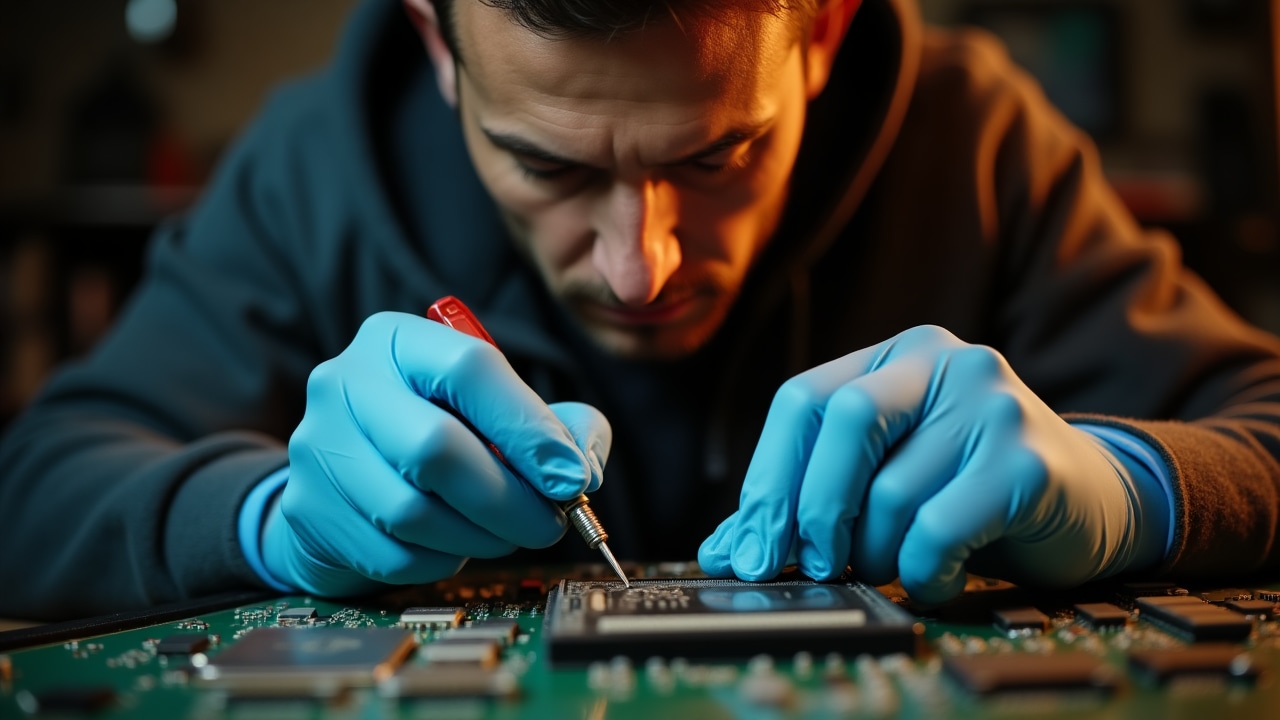Stay informed with the latest news, security updates, and industry developments in the world of cryptocurrency and hardware wallets.

Security researchers have identified potential vulnerabilities in certain hardware wallet models manufactured before 2022. These vulnerabilities could potentially allow sophisticated attackers to extract private keys under specific circumstances.

Leading hardware wallet manufacturers have announced their next-generation devices featuring enhanced security measures, improved user interfaces, and better recovery options. These advancements aim to make hardware wallets more user-friendly while maintaining robust security.

Recent regulatory developments in the United States and Europe are bringing increased attention to self-custody cryptocurrency solutions. While not directly regulating hardware wallets, these developments may impact how users interact with exchanges and DeFi platforms from self-custody wallets.

Cybersecurity firms report an increase in sophisticated phishing campaigns specifically targeting hardware wallet users. These attacks often involve counterfeit websites, fake support channels, and social engineering tactics designed to trick users into revealing their seed phrases or sending assets to attackers.

The hardware wallet industry is evolving with innovative recovery solutions that balance security with user-friendliness. New approaches to seed phrase management, social recovery options, and advanced backup methods are making hardware wallets more resilient against loss and damage while maintaining security.

A growing number of institutional investors are adopting hardware wallet solutions for their cryptocurrency holdings. This trend marks a significant shift from earlier custodial solutions, with institutions now implementing sophisticated multi-signature setups and custom security protocols based on hardware wallet technology.
Subscribe to our newsletter to receive the latest news, security alerts, and expert insights about hardware wallet security and cryptocurrency trends. We'll keep you updated with valuable information to help protect your digital assets.
Common questions about cryptocurrency hardware wallets
You should check for firmware updates approximately every 3-6 months or whenever the manufacturer announces a new release. Security updates are particularly important to install promptly as they often address vulnerabilities. Before updating, always ensure you have your recovery seed phrase accessible in case something goes wrong during the update process.
For optimal security, your seed phrase should be:
Advanced users might consider using a passphrase (sometimes called a "25th word") in addition to their seed phrase for added security.
Hardware wallets are designed specifically to protect against remote attacks. The private keys never leave the device, and all cryptocurrency transactions require physical confirmation on the device itself. This makes remote hacking extremely difficult compared to software wallets or exchange accounts.
However, no security system is perfect. The primary risks to hardware wallets come from:
To maximize security, always purchase hardware wallets directly from manufacturers, verify device authenticity, and follow security best practices.
If your hardware wallet is lost or stolen, take these steps immediately:
The most important factor is having your seed phrase accessible and secure. Without your PIN, an attacker would need to attempt sophisticated physical attacks on the device, which takes time. By moving your assets to new addresses before this can happen, you protect your holdings.